A decade ago, three London neighbourhoods decided to turn themselves into ‘Mini Hollands’. The councils persuaded local people to take up walking and cycling – and in doing so saved the health budget roughly £1 billion.
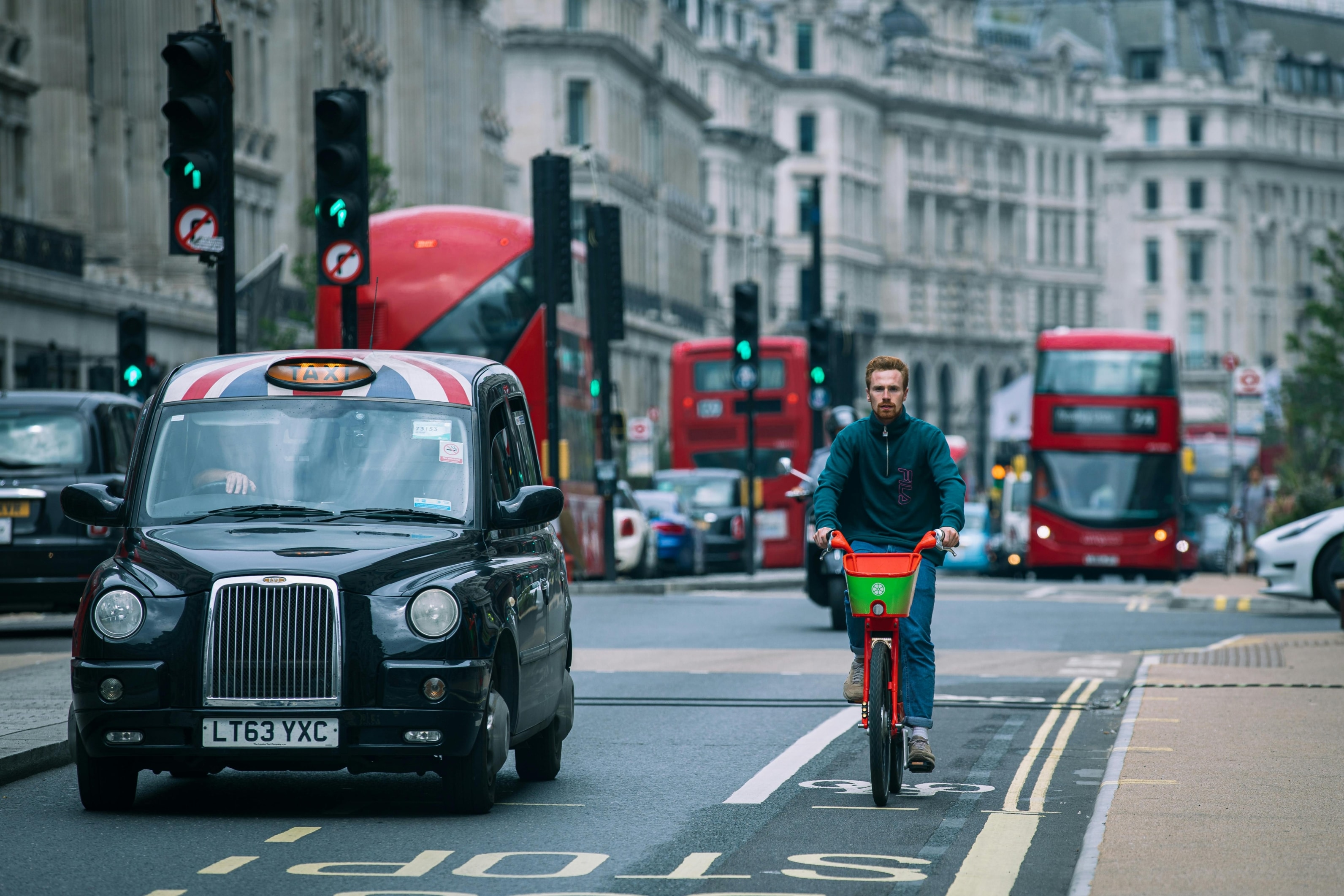 Cycling in London
Cycling in LondonPhoto by Riccardo Parretti via Pexels
It all started under the flamboyant former London mayor Boris Johnson. In 2013, he announced a plan to create a series of ‘Mini Holland’ neighbourhoods that would favour cycling and walking as a way of creating healthier, safer, quieter and less polluted streets. Johnson allocated £100 million to the pilot project that ran in the three London districts of Enfield, Kingston and Waltham Forest.
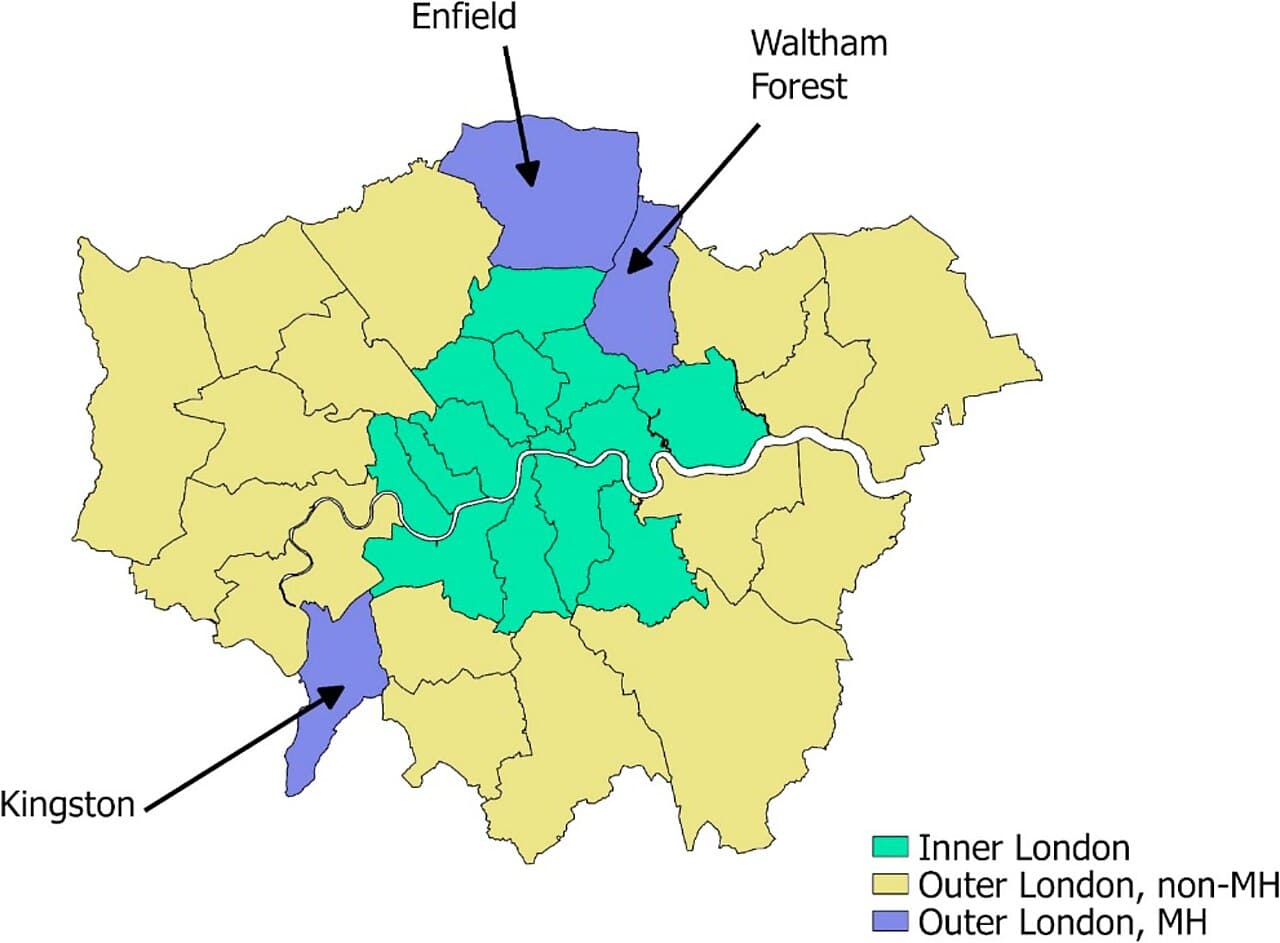
© Wikipedia
While the projects initially faced opposition from car drivers and local shopkeepers, they were soon generating positive results. After just one year, people in the three boroughs were walking or cycling an average of 41 minutes a week more than people in similar areas of London.
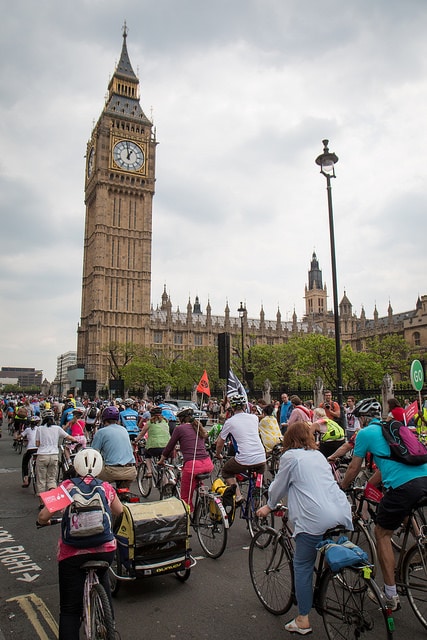
© Wikipedia
As well as improved wellbeing, the three projects produced an enormous financial boost. In March 2024, a study in the Journal of Transport & Health found that the projects created an economic benefit in terms of better health that amounted to just over £1 billion over 20 years. “Active travel interventions provided high value for money when comparing health economic benefits from physical activity to costs of scheme implementation, particularly low traffic neighbourhoods,” the report dryly concluded.
In other words, it pays to go Dutch.


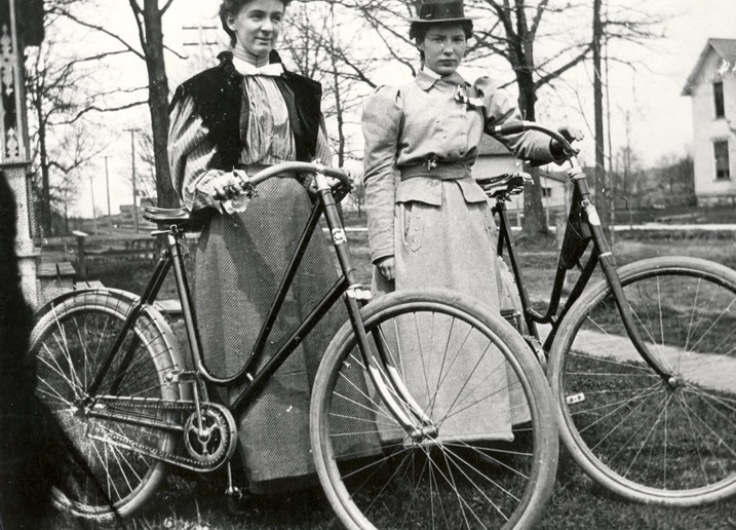


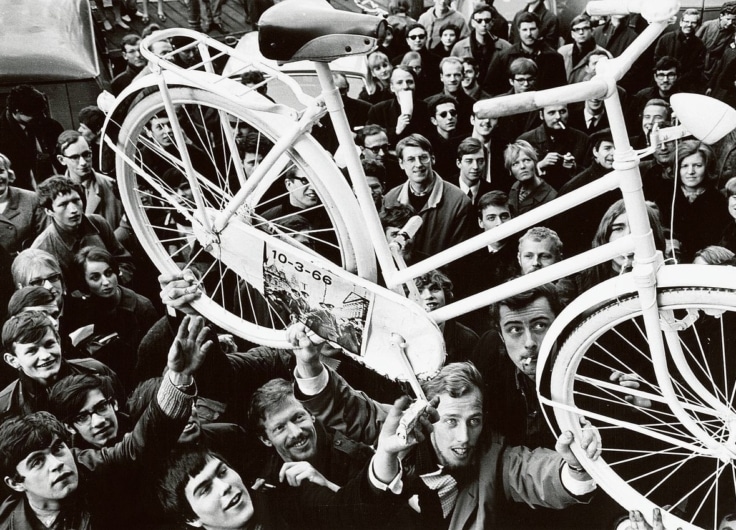




Leave a Reply
You must be logged in to post a comment.